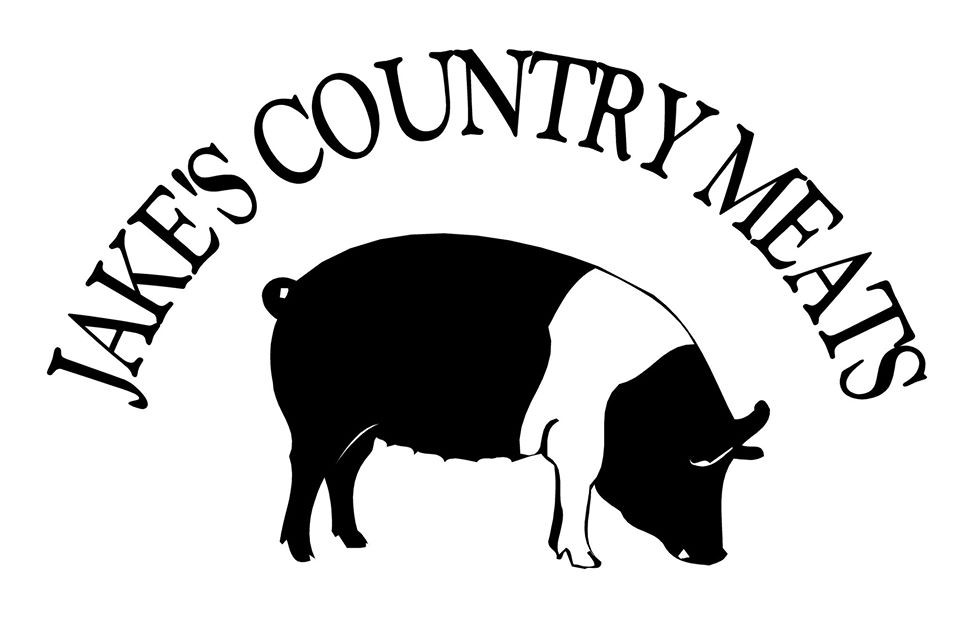Winter On The Farm
posted on
January 12, 2021
Do you ever wonder what pasture-raised animals do when the pasture is covered in snow? Are the animals comfortable? Do they stay healthy? How do they eat and drink? How do farmers take care of them?
Even in the winter months, we still raise all of our animals outdoors with access to shelters or barns. This gives them the ability to choose whether or not they'd like to forage, run around, see the sunshine, or hunker down in some deep, dry straw for a nap. The animals spend most of their days outside on the pasture wandering to the feeders, or rooting around the fields despite the cold temperatures and snow. They grow a nice winter coat to keep them warm, and their bodies regulate temperature naturally when outside in the elements. Even our laying hens still roam around the farm when it is snow covered.

We pay attention to the same health cues from the animals in the winter as we do in other seasons. If they are comfortable, they will be eating regularly, drinking often, and moving around in the fields. We listen for any consistent coughing, or sneezing, or abnormal behaviors which cue illness or discomfort. The quicker we can identify a problem, the better. However, consistent management skills can prevent problems, which is the overall goal for us farmers.
We as caretakers of the animals, spend most of our time outdoors as well. We grind the animal's feed, and haul it to their pastures. We transport fresh straw to each shelter when it needs to be replaced. We also keep the water tanks full of fresh water which can require an ice-chisel and brute strength. We oversee birthing and breeding schedules of the animals in the winter months as well. In contrast to the Summer months, the animals are not moving long distances during the winter to rotate pastures. We've already moved the animals out of the woodlands, and the winter pastures are closer together, yet still far enough apart to prevent any spread of diseases from family to family. Our animals practice social distancing regularly, even prior to the pandemic, to prevent illnesses from spreading. Adequate space between each group is one of the key management skills needed to properly maintain a healthy pastured livestock herd.
To help regulate our own body temperatures in the cold weather while caring for the animals, we put on our winter coat instead of growing one by using Car-hart bibs, face masks, gloves, and waterproof boots. Although, Farmer Nick does grow a nice thick beard which helps shelter his face from the windchill. He also places plastic sacks over his feet before shoving them into his boots, which prevents his boots from becoming wet with sweat, or his feet from becoming wet from any leaks. When we run out of random plastic bags in the pantry, it's most likely time to spend some money on a new pair of work boots.
Winter season on the farm can be as successful as any season after some decent preparation and consistent management skills. Our animals are proudly pasture-raised year-round, regardless if the pasture is frosted white, or emerald green.




